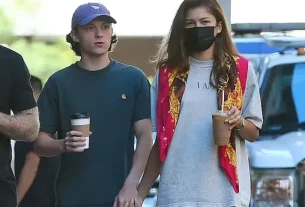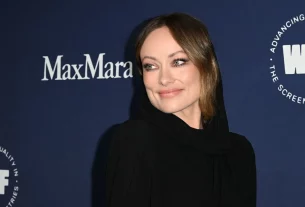In recent years, in South Korea, people are looking at social cases that have broken many families, and the voices for questioning and criticizing judges and calling for judicial reform have also grown louder.
But behind the superficial verdict, is there something that we don’t notice from the perspective of ordinary people?
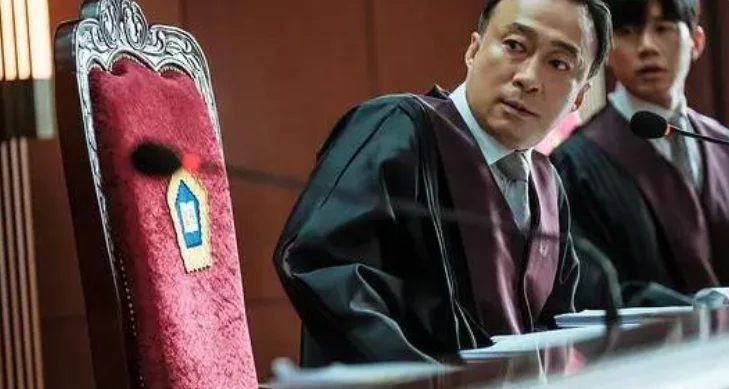
This time, the Korean drama “Juvenile Justice” focuses on the “juvenile court”, which specializes in juvenile offenders.
It also made in-depth discussions on related issues through the dialectics between several judges.
“Juvenile Justice” is a suspenseful courtroom Korean drama directed by Hong Jong-Chan and starring Hye-soo Kim and Moo-yeol Kim.
The plot tells that Judge Shim Eun-seok is quite disgusted with Juvenile Offenders, and always ruthlessly gives harsh rulings in the process of hearing cases.
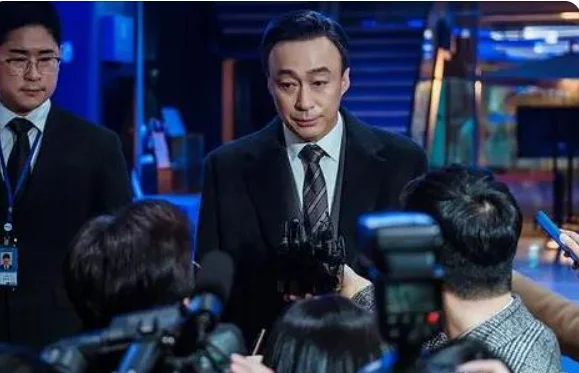
But with multiple incidents happening around him, Shim Eun-seok gradually understands the social problems these children face, and he must strike a balance between the two to find a solution to achieve justice.
So behind the multiple cases of “Juvenile Justice”, how to pursue true justice?
01 The story background of juvenile court
The “Juvenile Criminal Compromise Unit” is a fictional unit that exists only in the Korean drama “Juvenile Justice”. It specializes in “juvenile protection cases” and “juvenile criminal cases” that will be tried by a ministerial judge and two jury judges.
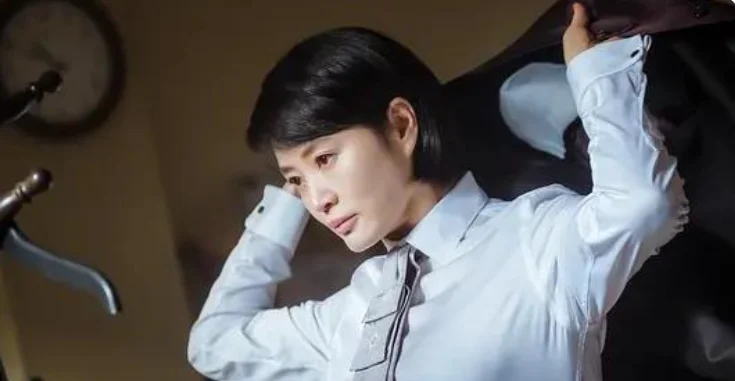
The heroine Shim Eun-seok, played by “국가부도의 날” Hye-soo Kim, is the “right jury judge” here.
She is usually tough and hates Juvenile Offenders very much. In the trials she presides, she will always give them the most severe “No. 10 punishment”.
Just because of South Korea’s “juvenile statutes” regulations, Juvenile Offenders under the age of 14 will not be punished by criminal law and imprisoned.
They will only receive “protective sanctions” from No. 1 to No. 10 according to the seriousness of the circumstances, and go to the juvenile hospital for a minimum of 6 months and a maximum of 2 years of “discipline”.
So many juvenile offenders will use their under 14 years of age to avoid the crime. And under the circumstance that edification has limited effect on them, the judge who gave the verdict also naturally became the target of criticism and questioning from the angry masses.
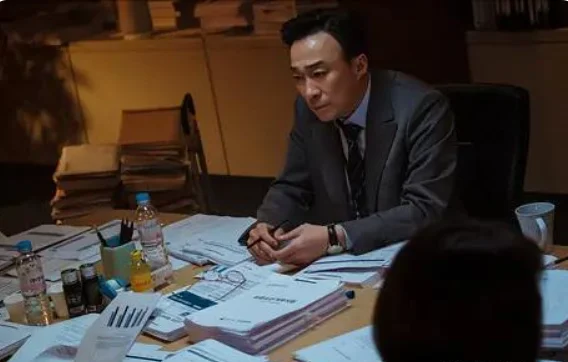
Perhaps the inability of the law to practice justice is indeed a problem that needs to be taken seriously and solved, but the Korean drama “Juvenile Justice” also provides the audience with another perspective through the cases that the judges usually try in the play.
When we all focus on these extreme cases, other plots are not so serious, but are there also places for Juvenile Offenders that also apply to “juvenile statutes” that we can understand and care about?
In today’s society where the relationship between people is gradually estranged, minors are at an embarrassing age where adults are required to be independent, but they are still unable to control themselves. Who else can help?
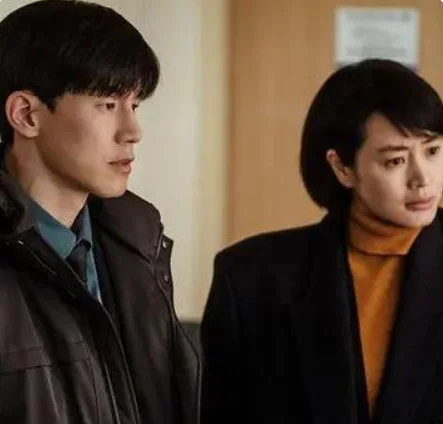
With the combination of the left and right judges played by Hye-soo Kim and Moo-yeol Kim in the whole play, “Juvenile Justice” also leads the audience to think together through their different views and handling of each case. , and find solutions to these social issues.
02 Multiple cases in juvenile court
Therefore, from the very first cases of child murders of Chinese children, cases of domestic violence of young girls, the secret of Pureum Youth Recovery Center, the case of collective cheating in elite schools, the case of juvenile driving without a license, to the final case of collective assault of young girls, “Juvenile Justice” is in the In the process, the character background of the main characters Shim Eun-seok and Cha Tae-joo was established.
At the same time, it also clearly shows that under the constraints of “juvenile statutes” and other laws, many cases in the juvenile court must be judged clearly in order to practice justice.
One of Shim Eun-seok and Cha Tae-joo is ruthless towards Juvenile Offenders, while the other is friendly and wants to help.
The charm of the Korean drama “Juvenile Justice” is that it cuts into a single case from multiple perspectives and uncovers the unknown growth background of each character.
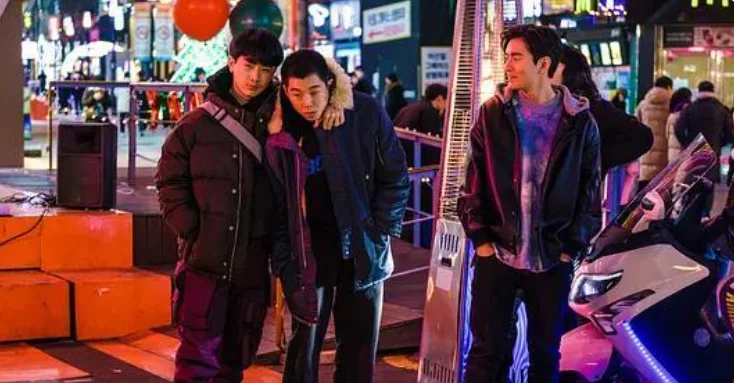
Using the influence of their past experiences on the present, they analyze in detail the motives of prisoners and the reasons for these incidents, revealing the value and significance of the existence of juvenile judges, and bringing us more space for thinking and different understandings.
03 Highlights from juvenile court
Although the judge only needs to make a judgment based on the evidence at hand, the two protagonists of “Juvenile Justice” embrace injustice and blood, and personally investigate each case in depth, trying to find out the hidden truth behind it.
Whether it’s school abandonment due to poverty, neglect in a single-parent family, or an upper-middle-class family under enormous pressure from their parents, these children may be allowed to commit illegal acts.
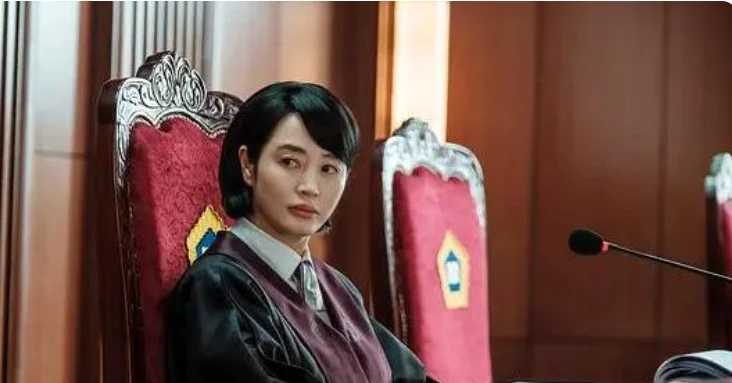
“Juvenile Justice” makes an important point, most of Juvenile Offenders are not simply bad, but the circumstances.
A large part of the reason they do wrong is to get attention, to communicate their pain, and to hope others don’t ignore them.
The root cause of all this is that they lack a “complete and healthy” family, and no one can care about their lives.
04 The meaning of existence of juvenile court
Just like the evil deeds committed by children, the society must also bear most of the responsibility.
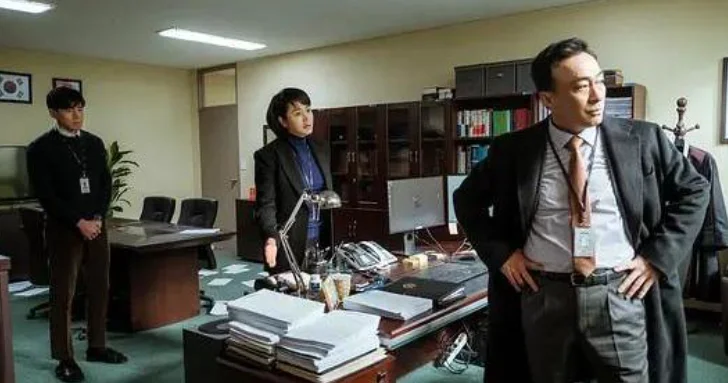
The original purpose of Korean “juvenile statutes” was to improve the surrounding living environment of anti-social teenagers, correct their character, and help them grow up healthily.
Therefore, unlike other ordinary judges who only need to give sentences, juvenile judges’ responsibilities also include the continuous management and supervision of these juveniles who have committed crimes.
With the development of the “Juvenile Justice” plot, the audience learned that Cha Tae-joo was once sentenced to “No. 10 punishment” for killing his father, and with the help of the judge at that time, he worked hard to pass the judge’s past.
At the same time, the audience can also see that Shim Eun-seok not only hates Juvenile Offenders and wants to give them the harshest punishment, but also sincerely thinks about their future. She hopes that her judgment will help them to be on the right track.
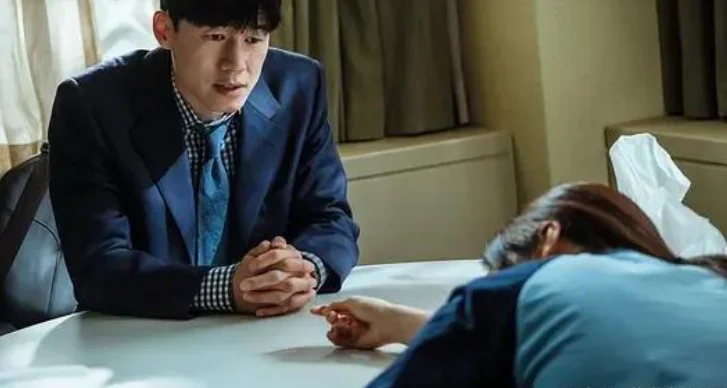
And these are all under the interpretation of the actors, making the characters more multi-faceted and three-dimensional.
05 The complex human nature of juvenile court
That’s why I like “Juvenile Justice” through the two cases of “unlicensed driving” and “group assault” in the second half of the show. They touch their hearts and shake the plot design that they have always believed in.
Watching the protagonist have personal emotions because his son Kang Shin-woo and the teenager who was in charge were involved in it, and then let the audience feel the emotions that they have inside.
Even judges are human like us and have their own opinions and positions, and they are also harassed by unreasonable matters.
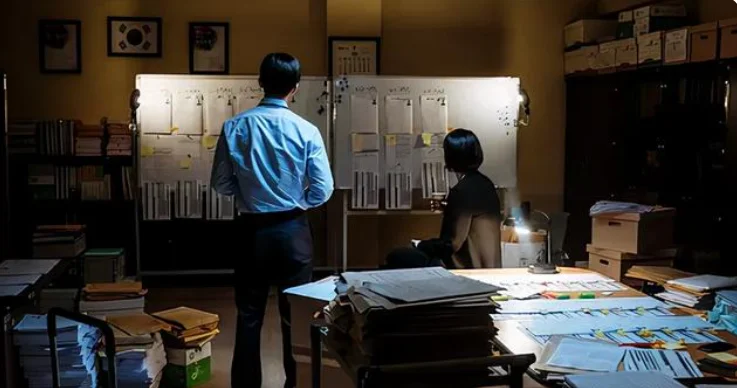
In this case, how should the protagonist of “Juvenile Justice” find a balance between reason and emotion? To pursue fairness and justice with a fair attitude?
Maybe “Juvenile Justice” also gives the answer through the minister judge played by “The Witness” Sung-min Lee.
Everyone makes mistakes, but the important thing is the follow-up development, how to make up for it.
As an impartial judge, how should you be accountable to the victims if you view these trials casually in an unprofessional manner?
06 Reflections from juvenile court
Perhaps when many social cases occur now, many people will think that the law has lost its effectiveness, and criticize the judges who sent light sentences as ugly people.
But returning to the whole work of “Juvenile Justice”, the real purpose of the juvenile court is to guide, reprimand, and educate, so that the prisoners can truly repent. The judge shoulders such an important task.
Even if the verdict may seem imperfect to others, they are under a lot of pressure as they strive to fulfill their duties due to the many unseen scrutiny.

Humans are quite diverse and complex creatures, with different aspects of good and bad at the same time.
Just the Juvenile Offenders in the “Juvenile Justice” play, some accidentally made mistakes, some went astray because of their peers or family, and some were simply human beings inherently evil.
Therefore, when the law must be fair and precise, and there is little room for ambiguity, is it appropriate to apply these people to the same standard to judge?
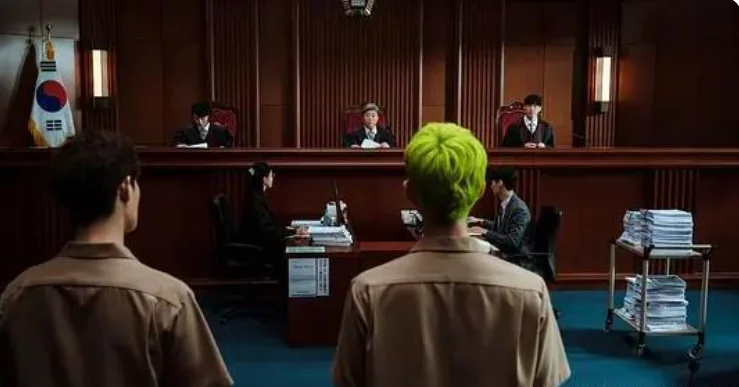
I think this kind of “freedom of mind” to make decisions with independent judgment is the time to show the value of juvenile judges.
07 juvenile court hopes to guide the concept
In the process of watching “Juvenile Justice”, you may say that the current problem is that the judge does not understand the suffering of the people, and cannot understand the pain of the victims, so he will make such a light sentence.
But does brainless aggravation of punishment really help the development of society as a whole?
It doesn’t mean that the culprit should be spared, but even if the judge imposes a heavy sentence in order to give an explanation to the victim this time, can it guarantee that similar incidents will not continue to happen in the future?
The real focus of our efforts is on “prevention” and “correction”.
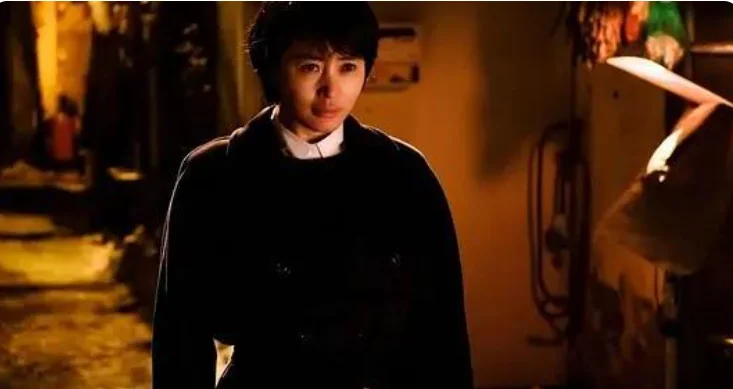
In the end, are there really only judges with light sentences, and laws such as “juvenile statutes” that limit maximum criminal liability?
In fact, the deep-rooted “failures” within the social system, whether it is old values, discrimination and stereotypes against specific ethnic groups, or alienation between people, are the root causes of these problems.
To change these conditions, it must be gradual, and it is absolutely impossible to see results overnight.
08 Real events in juvenile court
Just like the “unlicensed driving case” in South Korea in March 2020 that eventually caused more than one million people to sign to the Blue House to severely punish the prisoners, it was actually adapted in the 8th episode of “Juvenile Justice”.
The Korean drama “Juvenile Justice” is not only a story of judges, a story of victims, but also a story about the society.
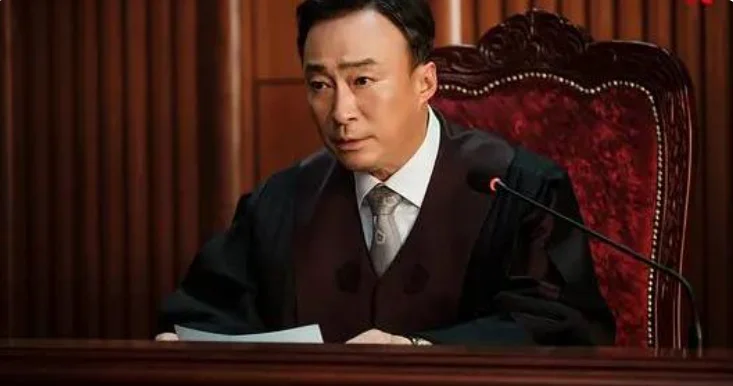
The choreographer presents so many Juvenile Offenders crimes with different aspects in it, hoping to deepen these complex and sensitive issues and cause the audience to think further.
Main character Shim Eun-seok said:”It takes a whole village to raise a child, and if the whole village doesn’t care, it will ruin the child’s life.”
Looking at the incident experienced by the “Blue House” in the “Juvenile Justice” play, it should have been a shared responsibility of the society, but it has become only achieved by the sacrifice and dedication of individuals.
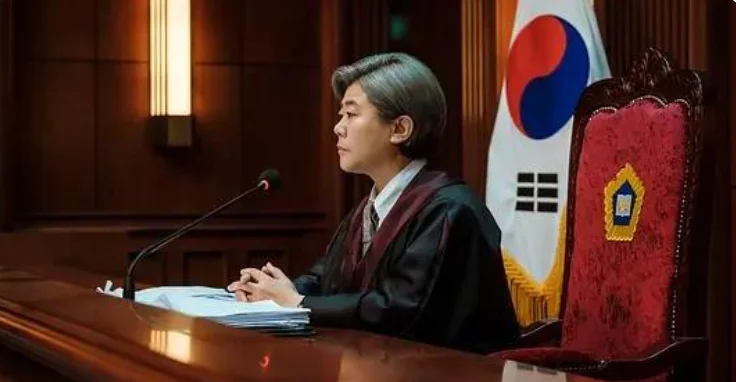
What qualifications do we have to criticize the judiciary for being full of loopholes and unable to bring justice to the aggrieved people?
09 The ending of juvenile court Korean drama
Therefore, after experiencing this series of incidents, the ending of the Korean drama “Juvenile Justice” also tells the audience how to face the final answer to the current environment with the whereabouts of the protagonist Shim Eun-seok.
Perhaps in this cruel society, there are many injustices that make people feel painful and sad.
But even so, all we can do is let go of sadness, reflect carefully, and keep looking for ways to make the whole better.
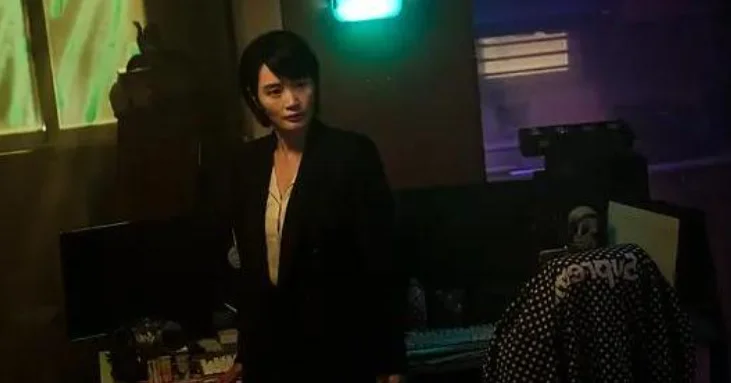
On the surface, it seems harsh and cold-blooded, but the main reason for Shim Eun-seok, the protagonist of “Juvenile Justice”, is that she hates Juvenile Offenders. issues that need to be dealt with.
Even if I don’t believe that they will make corrections, I still try to solve it in a “truly effective” way, so that the people can live in peace and contentment, and the whole society becomes more progressive and healthy.
10 Themes of the juvenile court plot
We must always remember that it is the innocent victims who need the most care.
Whether we have been victimized or not, we must start from them in everything we do, and try our best to make the environment more fair and just, and avoid causing pain and trauma to innocent people.
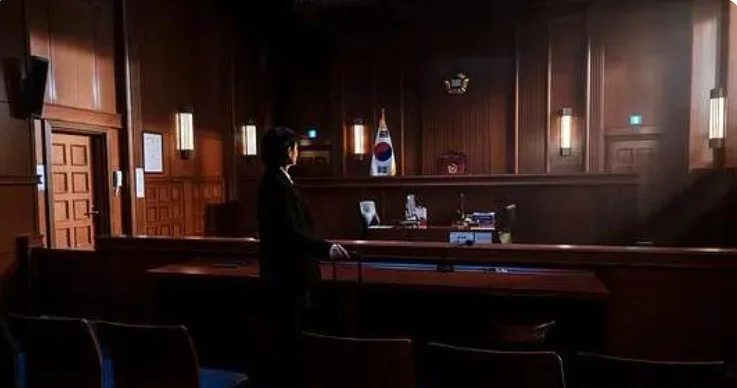
Therefore, although human rights are still demanded in the court, the moderate tolerance for Juvenile Offenders is not because they deserve to be treated like this, but after the prisoners understand the seriousness of the problem and consider that there may be personal difficulties, they are allowed to leave the juvenile “protective mechanism” “Before, the last time I could change my mind.
Like Cha Tae-joo played by Moo-yeol Kim, the opportunity to make positive help or contribution to society in the future may be the truly meaningful “prevention” and “corrective education”.
11 Juvenile court review conclusions
Overall, “Juvenile Justice” is definitely a very worth watching Korean drama, and it continues “D.P Dog Day”‘s in-depth discussion of social issues.
“Juvenile Justice” takes the most complicated and intractable “juvenile court” as the stage, allowing Shim Eun-seok, a juvenile judge who hates evil, to force the audience to talk about related issues under the theme elements of many crimes and the dark side of society in the play of attention.
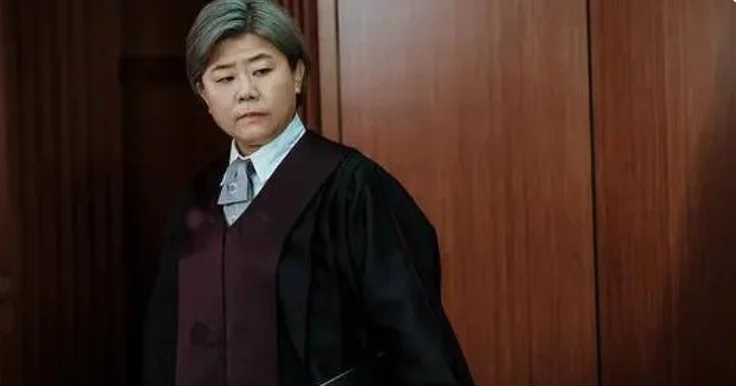
Although there are many differences of opinion on justice in this society, when everyone hopes that the law and order can be improved and good people can no longer be victimized, can people be like Shim Eun-seok, and still feel deeply angry at the same time Think rationally?
Not being carried away by hatred, always wanting to use the death penalty to solve it, but sitting down and looking for a way to not only achieve justice, but also prevent the tragedy from repeating itself?
I think that’s what the whole korean drama “Juvenile Justice” is trying to talk about.
Related Post: The plot of “Juvenile Justice” is thought-provoking, and its reversal is caught off guard.
Related Post: “Juvenile Justice” review: behind juvenile delinquents, does character determine fate?.
